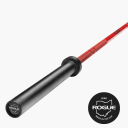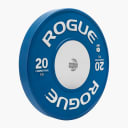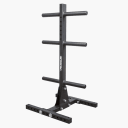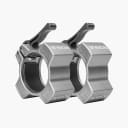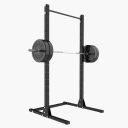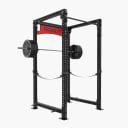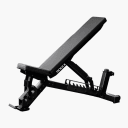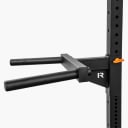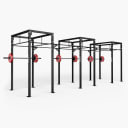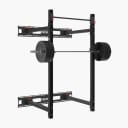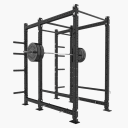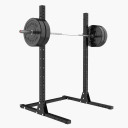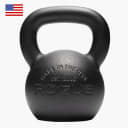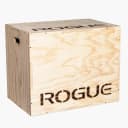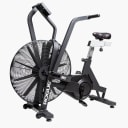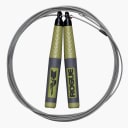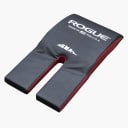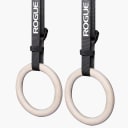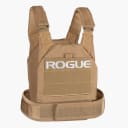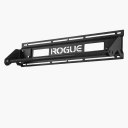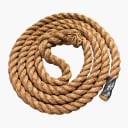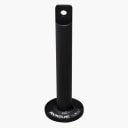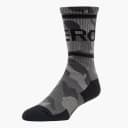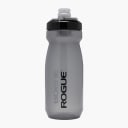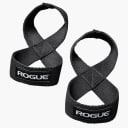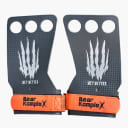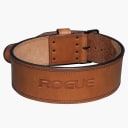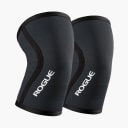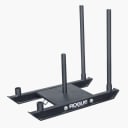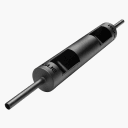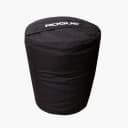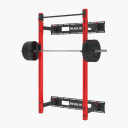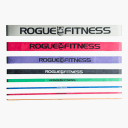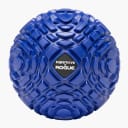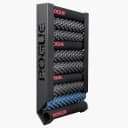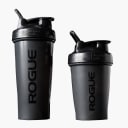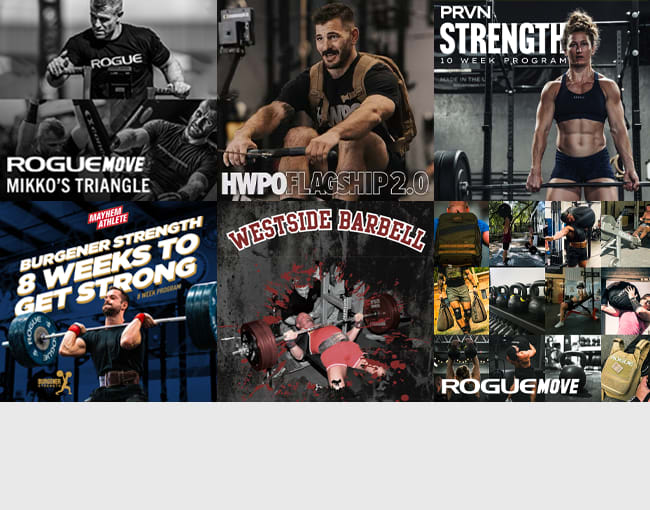Rehband Belts
No Results
Weightlifting Belts
Weightlifting belts are essential tools for athletes aiming to maximize their lifting potential while ensuring safety and stability. At Rogue, we offer a range of high-quality weightlifting belts designed to provide support to your core and spine during heavy lifts. A weightlifting belt helps you maintain proper form, enhance breathing techniques, and ultimately lift heavier weights with confidence. We offer a vast selection of belts and have styles available for any type of lifting, as well as material preference‒from quick adjusting nylon belts to classic leather options for those looking for more support. Trusted by elite athletes and fitness enthusiasts, we’ve got your back.
The Correct Way to Wear a Weightlifting Belt
To get the most out of your weightlifting belt, it's crucial to wear it correctly. Belt location comes down to personal preference and feel, but a good place to start is directly around the line of your belly button. Fasten the belt securely, but not too tight that it restricts your breathing. As you lift, take a deep breath and brace your core as you perform the lift. This technique helps maintain intra-abdominal pressure enhancing spinal support and stability. With the addition of a weightlifting belt, you can increase this pressure as well as have tactile feedback of something to brace your core against while you lift.
Who is a Weightlifting Belt For?
A weightlifting belt can be used by any athlete looking to add support to their lower back and core, helping to stabilize the spine during heavy lifts, like squats, deadlifts, and Olympic lifts. As a general rule, it's best to master proper lifting technique before relying on a belt for support.
FAQ:
A weightlifting belt is a supportive accessory worn around the waist during weightlifting exercises to provide stability and reduce the risk of injury. It works by increasing intra-abdominal pressure, which supports the lower back and core muscles during heavy lifts.
Using a weightlifting belt offers several benefits, including improved spinal stability, increased lifting performance, reduced risk of lower back injuries, and enhanced proprioception. It also helps maintain proper form and technique during lifts.
Weightlifting belts are mostly required when you're lifting heavy weights. It is recommended to use a weight lifting belt when lifting typically around 80% more of your one-rep max but ultimately comes down to personal preference with what you are comfortable with. This is to help create increased spinal stability, which is required when lifting heavy weights.
Weightlifting belts are suitable for most types of lifts, especially those involving heavy loads or movements that put stress on the lower back. However, they may not be necessary for lighter lifts or exercises that primarily focus on isolation movements.
To choose the right weightlifting belt size, measure your waist circumference at the point where you plan to wear the belt. Refer to the sizing chart for the specific belt you are looking at for accurate measurements. It's important to select a belt that fits snugly but allows for proper breathing and movement.
